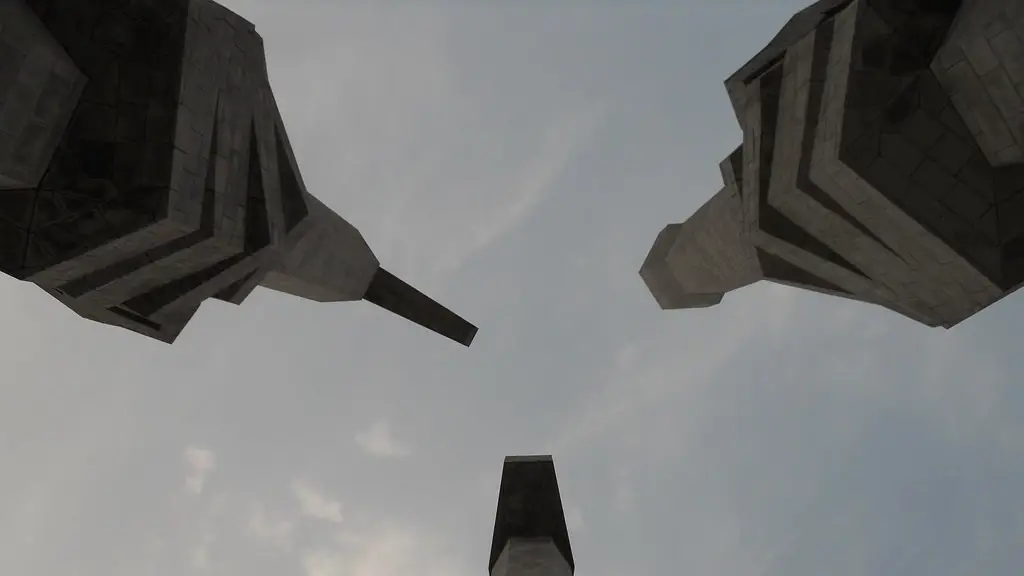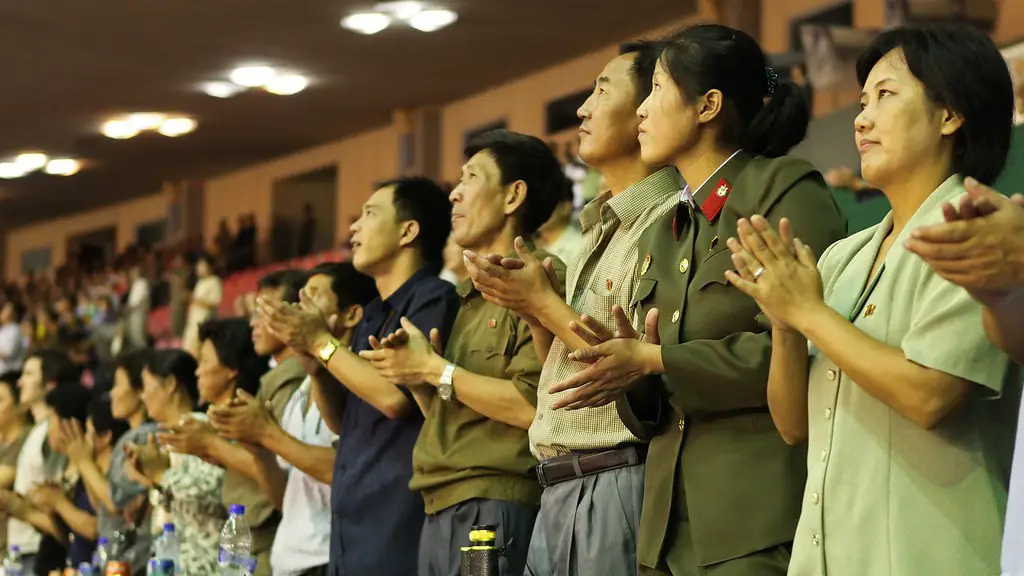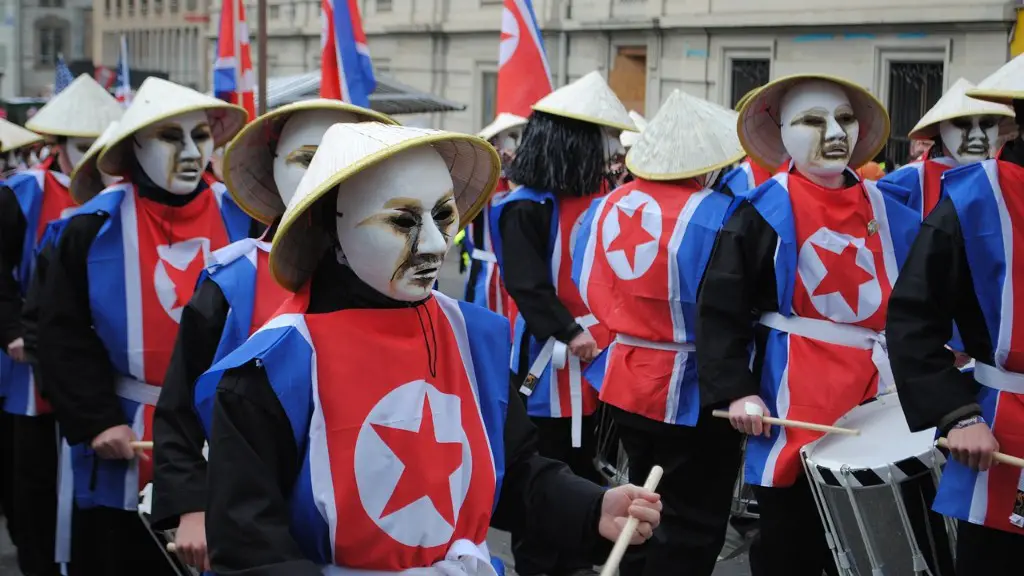History of China, Russia and North Korea’s Relationship
China and Russia have both played a key role in the formation of the relationship between themselves and the North Korean state. The Soviet Union, along with China and the United States, established the ceasefire which brought an end to the Korean War in 1953 and, until the collapse of the Soviet Union in 1991, all three states featured heavily in the politics of the region. In 1961, for example, a formal treaty of friendship was forged between the Soviet Union and North Korea, which endured until the Soviet Union’s dissolution.
Since then, North Korea has served as a geostrategic buffer between China and the United States. Both China and Russia have taken punitive action against North Korea at certain points,such as the UN sanctions imposed during 2017 and 2018, or the Russian oil embargo of North Korea in 2017. However, this is generally interpreted as an expression of political leverage as opposed to any real hostility. Indeed, North Korea is believed to remain economically reliant upon both countries in many ways.
As part of the Six Party Talks, which aimed to resolve the North Korean nuclear issue, Russia has repeatedly taken the side of North Korea, often critiquing both the South Korean government and the United States for what it perceives as provocative actions.
China and Russia Provide Aid
China and Russia have provided aid to North Korea on a variety of fronts. China is known for providing regular economic and military aid as well as food and technology. Economic links have grown over time. By mid-2015, China had become the first foreign state to form a public-private partnership with North Korea, such as the Yanbian Yinhe-Lotte Economic and Trade Cooperation Zone. In spite of the strict international sanctions imposed on North Korea, the Chinese government has often found ways to circumvent restrictions and keep its financial pipeline to North Korea flowing.
Russia, meanwhile, has conducted trade with North Korea since 1991, mostly around oil and fuel products. Its exports to the North are believed to include weapons, maritime and railway technologies, mining and agricultural equipment, and food items. This is arguably arranged to limit the damage that North Korea’s isolation could cause to Russian interests in the region.
The international sanctions implemented on North Korea during 2017 and 2018 caused the value of their trade to drop dramatically, to less than a quarter of its 2015-2016 amounts, however this has recently begun to rise again. As of 2019, it is expected that the value of their trade will continue to trend upwards.
Cultural Connections at the Root of Ally Status
At the root of China and Russia’s connections with North Korea can be found a cultural bonding. The Korean script was derived from Chinese characters, and modern influence from Russia is present in many aspects of North Korean culture, evidenced in their language,body of law and cuisine. Added to this, China and Russia have provided North Korea with ideological support, especially after the collapse of their communist bloc partners in Europe and the former Soviet Union. China, meanwhile, has shared its socialist experiences with North Korea and supported their process of self-empowerment, thereby helping to deepen North Korean trust in the region.
Though declared an ‘alliance’ in 1961, the connection between China and North Korea has gone through periods of fracture and fracture-repair. However, broad geopolitical interests remain shared. Both China and North Korea seek to preserve the Korean peninsula’s political and economic stability. This is demonstrated in China’s continuing opposition to both US nuclearisation of the region and its attempts to introduce a US missile defence system there. Likewise, it is believed that North Korea’s nuclear programme is intended to safeguard itself from foreign intervention.
China and Russia Support North Korea as Rivals to the US
China and Russia have consistently backed North Korea’s position in international forums and frameworks such as the United Nations. Both of these states harbour hostility towards the US’ expansionist foreign policy, exercised so prominently in the Middle East, or in Eastern Europe and the South China Sea. In aligning themselves with North Korea, China and Russia can symbolically challenge the US’ power and demonstrate that they are foreign brokers of their own in the region.
Nevertheless, whilst this partnership has contained a certain amount of mutual support, China and Russia have also been known to pursuit their own individual interests in North Korea. This renders a certain level of geopolitical tensions between them, as well as making the alliance relatively weak and unstable compared to other international partnerships.
In 2017, for example, China conducted a series of military drills near its North Korean border as a way to express its dissatisfaction with Pyongyang’s repeated missile tests. It has also been suggested that competition between China and Russia over access to North Korea’s resources and markets has been growing.
What Does Recent History Tell Us?
Recent history has shown us that North Korea’s allies are flexible with regards to how they approach the nation and the region’s politics. As the US military presence in the Korean peninsula grows, so too do the responses of China and Russia, who maintain that their presence acts as a deterrence to Washington. As a result, the question of whether China and Russia are allies with North Korea is inconclusive.
It is clear that a complex network of economic, political and ideological interests are at play when it comes to the dynamic between China, Russia, and North Korea. Whilst this relationship has undermined US-led political alliances in the past, it has done little to materially change the region’s status quo. Despite this, the high points of communication have offered some indication of diplomatic modernisation and the partnership between China, Russia and North Korea is by and large an uneasy, yet functional, one.
Relations with the US
The relationship between North Korea, China and Russia has intensified in recent years due to the developments in US-Korea relations. China and Russia have been working to counter US-led attempts to sanction and contain North Korea, as well as to lift UN-mandated sanctions imposed on the country.
Events such as the 2018 summit between Donald Trump and North Korean leader Kim Jong-un have enabled the North Korean state to emerge and internationalise, despite the internationalised perspective of the country. This is of considerable importance to China and Russia as both countries have deployed diplomatic and economic influence to carve out a niche for North Korea on the global stage.
Whilst both countries favour inter-Korean reconciliation and a resolution to the nuclear issue, Russia and China have both reiterated their commitment to the existing US-led order, in particular through their diplomatic dialogue with the US government.
The Mutual Benefits of Allying with North Korea
From China’s and Russia’s perspectives, the mutual benefits of allying with North Korea are numerous, covering both economic and political interests. North Korea provides a buffer-zone between China and the US,and its resources are available to invest in; in 2019,Russian companies were already assisting North Korean firms in constructing industrial sites.
China and Russia can also tap into North Korea’s potential in many sectors such as logistics, tourism, transportation and trade. North Korea’s mineral resources, such as coal and iron ore, are similarly attractive to both countries, as is North Korea’s potential as a base for regional trade agreements.
Both China and Russia benefit from the North Korean state being in a position of strength. With a weaker North Korea, there would be an increase in US influence in the region that would pose a threat to both countries’ interests.
Concerns Over North Korea’s Nuclear Programme
Both China and Russia have expressed concerns over the North Korean nuclear issue, however have remained firm in their support for the North Korean state. Both countries have stated that nuclear disarmament should be a gradual process and have pushed for security guarantees in exchange for North Korea’s denuclearisation.
Russia, in particular, favours a step-by-step approach in which North Korea would gain certain benefits in exchange for disarmament plans. In this respect, Russia has sought to strike a balance between pressuring North Korea with sanctions and offering incentives to encourage denuclearisation. China has provided support for North Korea’s call for the US to unconditionally drop sanctions, though making the point that nuclear disarmament should remain North Korea’s priority.
In conclusion, while China and Russia are not formally allies with North Korea, they certainly share a strong relationship filled with mutual interests. Economic, political and ideological ties make up the bulk of these interests, and the security of the region remains a core concern for all three countries. While tensions have intensified in recent years, the partnership has been broadening and deepening in its scope, providing both China and Russia with a number of benefits.





